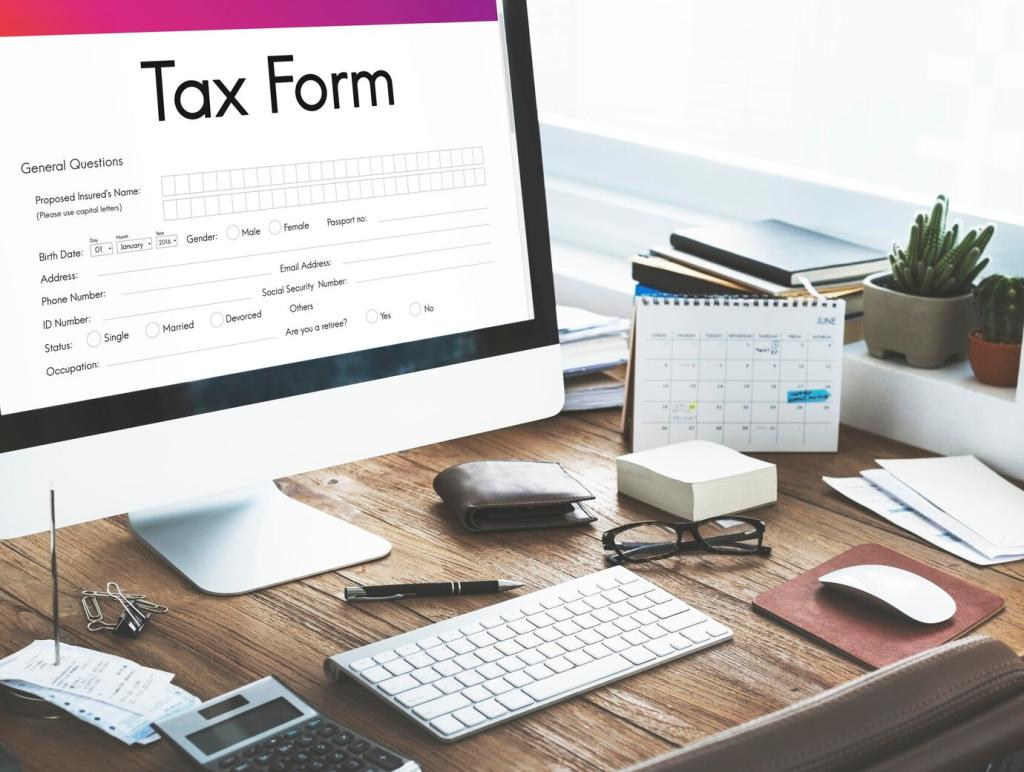Self Assessment for Founders: Key Personal Deadlines
If you need to submit a Self Assessment, register with HMRC by 5 October following the end of the tax year. New directors, dividend recipients, and side-hustlers often fall into scope. Unsure whether you must file? Ask in the comments, and we’ll point you to the relevant HMRC guidance.
Self Assessment for Founders: Key Personal Deadlines
Online filing for the prior tax year and the balancing payment are due by 31 January. That same date often includes your first payment on account. Waiting until the last week risks identity checks and portal slowdowns. Subscribe for our calm, four-week countdown checklist to avoid a scramble.











